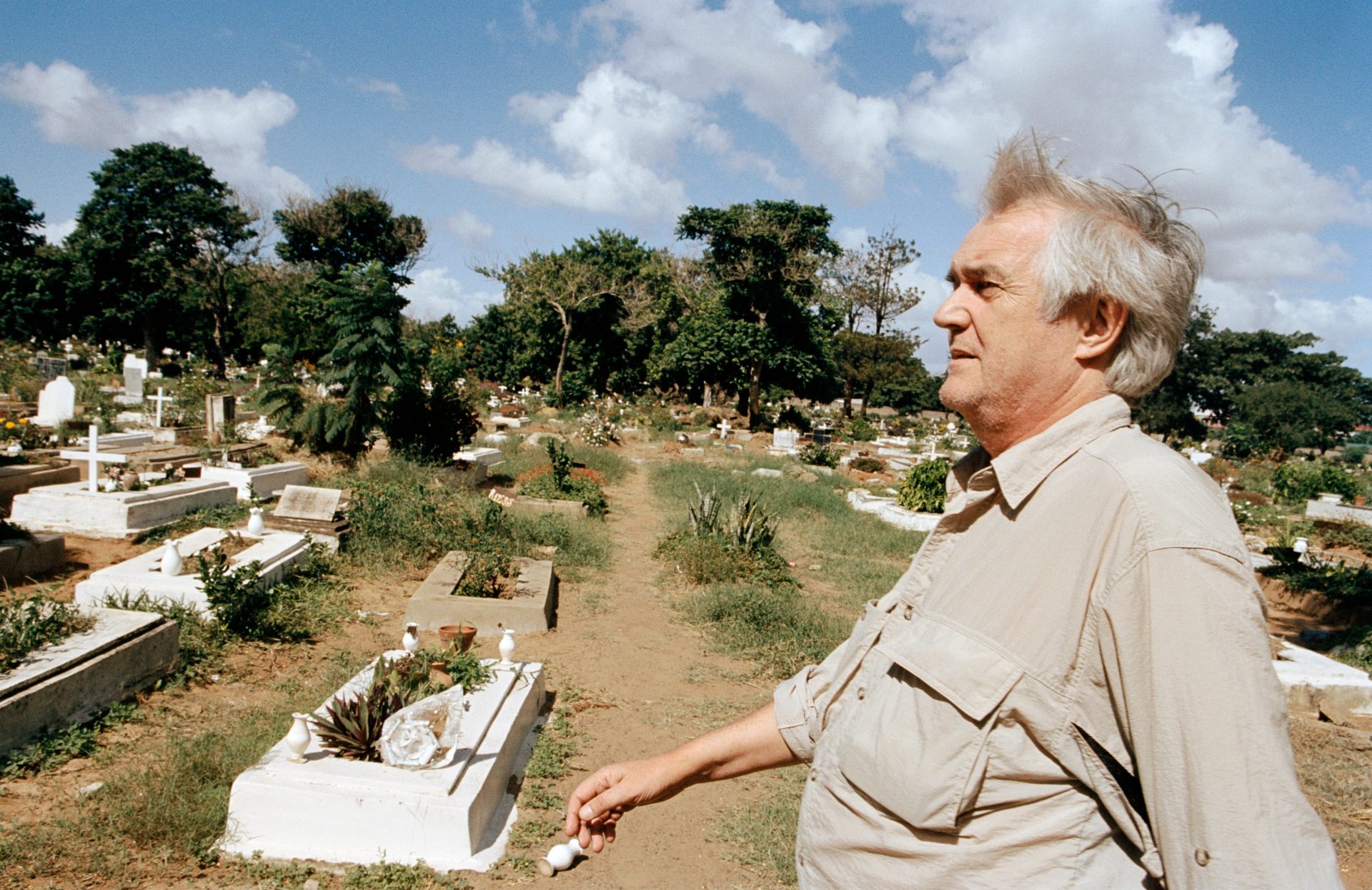So bad it’s good’ and ‘guilty pleasures’ – are they harmless modes of engaging with popular culture; or, rather, the Scylla and Charybdis between which the frail boat of our aesthetic understanding sails, ever threatened by capsize and death? Together with my youngest son, I often watch American reality TV shows. We’ve been big fans of such grotesque entertainment as Selling Sunset and Million Dollar Beach House for a while now (see MM passim), but recently we’ve branched out into the hideousness that is the Real Housewives franchise, marvelling with every episode at quite how oxymoronic the whole gig is: the women aren’t in the least bit real and nor is their housewifery.
These sort of chlorinated American turkeys were being imported to Britain in great numbers before we left the EU – but anyway, we have a perfectly good record when it comes to producing our own twizzlers: my son and I also spent a good deal of the summer with The Persuaders!, an execrable dramedy series from the early 1970s starring Tony ‘gurning’ Curtis and that loyally pink slice of oak-smoked English ham, Roger Moore. I loved the series the first time round (when I was 10) in a wholly uncomplicated way: I wanted to be one or other of millionaire playboys portrayed by the gruesome duo.
As for the reviewing, my enjoyment did indeed lie in critiquing the acid-pastel décor and the mundane effects – yet surely revelling in such things is only another form of nostalgia? And couldn’t we go further, and propose that even the guilty pleasure of consuming contemporary culture that’s so bad it’s good is equally a desire to see our own era set in a sort of gelatinous aspic – a regard that’s distancing by means of irony rather than time. Not that television and films are the only guilty pleasures available to us; we also read bad books, look at bad paintings and attend bad plays. Moreover, there’s a whole liminal aesthetic area that the British, in particular, have done their very best to colonise – namely comfort cultural consumption, which, by analogy with so-called ‘comfort food’, takes the form of nursery-level productions being accorded the attention that should be reserved for serious oeuvres, the Harry Potter books being the most obvious case in point.
For my French partner this is only a return of the repressed English class system; now, instead of indulging in pastorals that allow us to figure ourselves as shepherds and shepherdesses, we eat great steaming mounds of shepherd’s pie. Both, she would argue, are the result of the same de haut en bas perspective. And this is strange, because of course the first faltering steps towards the culture of so-bad-its-good were taken by the Marxist intellectuals of the Frankfurt School: thinkers like Walter Benjamin, Theodor Adorno, and in particular Siegfried Kracauer, who set the stage for French Structuralist critics such as Roland Barthes, who sought deep-level understandings of social processes through the critique of popular cultural products, whether they be films, advertising or car designs. This was the impetus towards understanding – and by extension, enjoying – mediums and their associated forms, such as cinema, which had been regarded as indisputably ‘low’.
Of course, pretty much all of these thinkers were Marxists – and therefore believers in progressive cultural, as well as social developments: present antagonisms between high and low, were only parts of a dialectical process that could not help but result in their mutual annihilation, to be replaced by a new synthesis. Nonetheless, Kracauer – despite never having seen a plastic recycling bin overflowing with discarded Amazon packaging – remarked that, “It is merely a consequence of the unhampered expansion of capitalist power that the dark forces of nature continue to rebel ever more threateningly, therefore preventing the advent of the man of reason”. He fervently entreated this representative man should suppress rebellious nature and march to a new dawn: “the capitalist epoch is a stage in a process of demystification”, demonstrating the classic Marxist-sleight-of-mind whereby what you want and what must be mysteriously coincide in the great gearing of the cosmos. It’s from Krackauer’s perspective of a longing for a communist utopia that never arrives that we indulge in our guilty pleasures, for once we start ironising – which is to say what is, is not – we seldom know where to stop. When watching Million Dollar Beach House, and boggling at the narcissism, venality and shallowness, my son and I are acutely aware of the damage it’s doing: “Never more than three consecutive episodes!” We adjure ourselves, “or else we’ll feel our brains liquefy and trickle out of our ears!” But one day we’ll make the mistake, and feel the nature we tried to suppress: a grey sludge on shirt collars.



